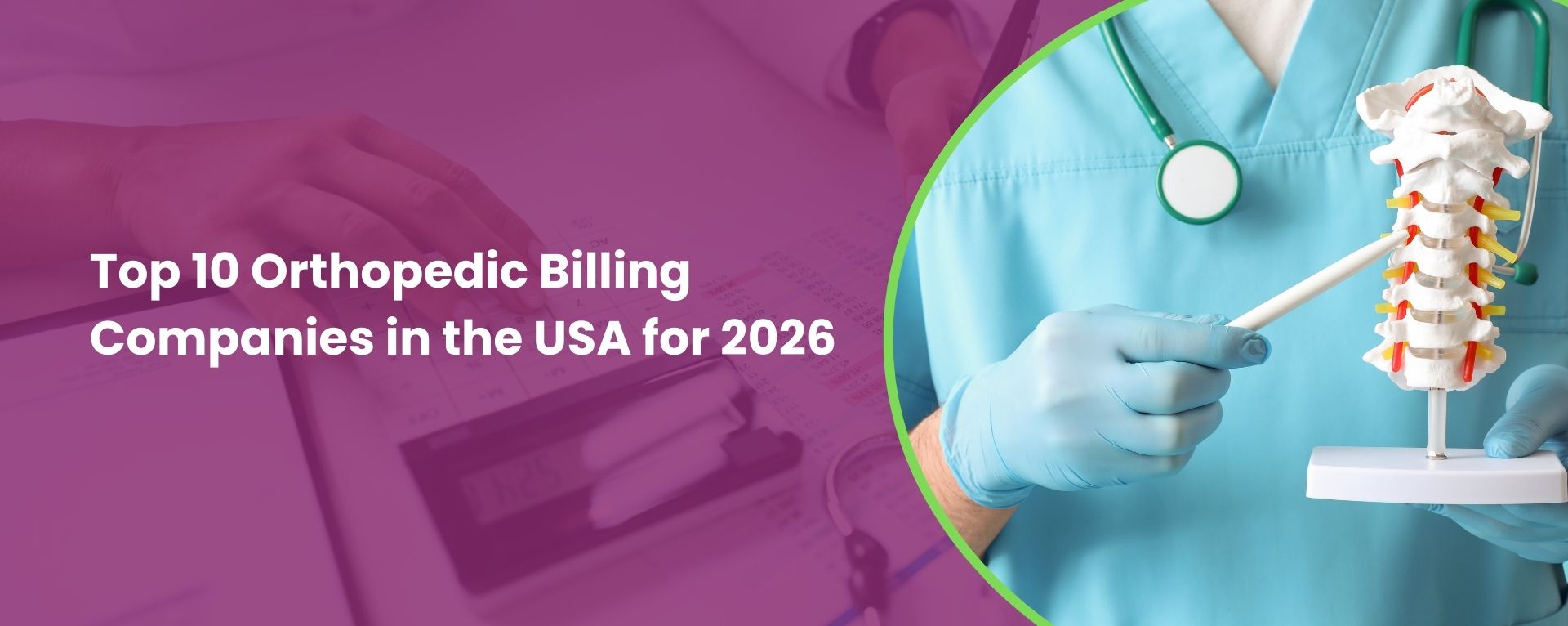Medicare and Medicaid regularize a standardized procedure that enables medical healthcare providers to support healthcare. The delivery of medical services, invoicing and insurance, and nearly every area of healthcare is monitored by CMS. Medical billing professionals at all levels can use codes and modifiers to make the procedure smooth and consistent. GV and Modifier GW are HCPCS Level II Medicare Hospice Modifiers. Here is all the information you need to know about them, including what distinguishes GV from GW modifiers.
Table of Contents
ToggleHospice Modifiers and their Integration
Critically ill patients and those with the least mobility get supportive and palliative care in hospice settings. The providers must submit a bill to the hospice contractor in order to receive payment for the services provided to these terminally ill patients at the hospice healthcare facilities. These medical professionals are paid, hired, or affiliated with a hospice.
However, if the accompanying physician provides healthcare services to patients without being enrolled in the Hospice program, payment claims for such services will be sent to Medicare. To ensure that distinct payments will be received, these claims will be submitted along with the GV and GW modifier hospice.
GV Modifier for Hospice
When a patient is treated in hospice care but the doctor participating in the patient’s treatment is not employed by hospice, the GV modifier is added to the claims. This implies that if a patient is admitted to Hospice and the accompanying physician is not a Hospice employee, they will still get payment from Medicare for the hospice-related services provided to the patient. The GV modifier must be included to guarantee accurate and timely payments.
GW Modifier for Hospice
The GW implies that the service was not authorized because of the patient’s terminal illness. This implies that the provider must include the modifier GW to the CPT-10 code when submitting their claims to Medicare. This is essential when a patient is admitted to the Hospice, the attending physician is not a member of the Hospice, and the patient receives treatments unrelated to the primary reason for his admission.
If the patient has chosen hospice care, but the provider is not treating the terminal illness, it will imply regular Medicare payment. This is indicated by condition code 07 (Treatment of Non-terminal Condition for Hospice Code). Condition code 07 will let the payers know that the provider hasn’t provided any hospice service.
Some Guidelines to Use Hospice Modifiers
- When the accompanying physician works for the hospice provider, the GW should not be added to the CPT. Since the Hospice contractor will submit such claims for payment.
- Only include the modifier GW when the hospice beneficiary is receiving services from an attending physician who is not a hospice employee and who is not treating the patient’s terminal illness.
- If the attending physician works for the hospice program, do not include the GV modifier. Since the Hospice contractor will submit such claims for payment.
- When the physician performing the services is not an employee of the hospice provider and is not listed by the patient as his or her attending physician, do not include the GV modifier.









